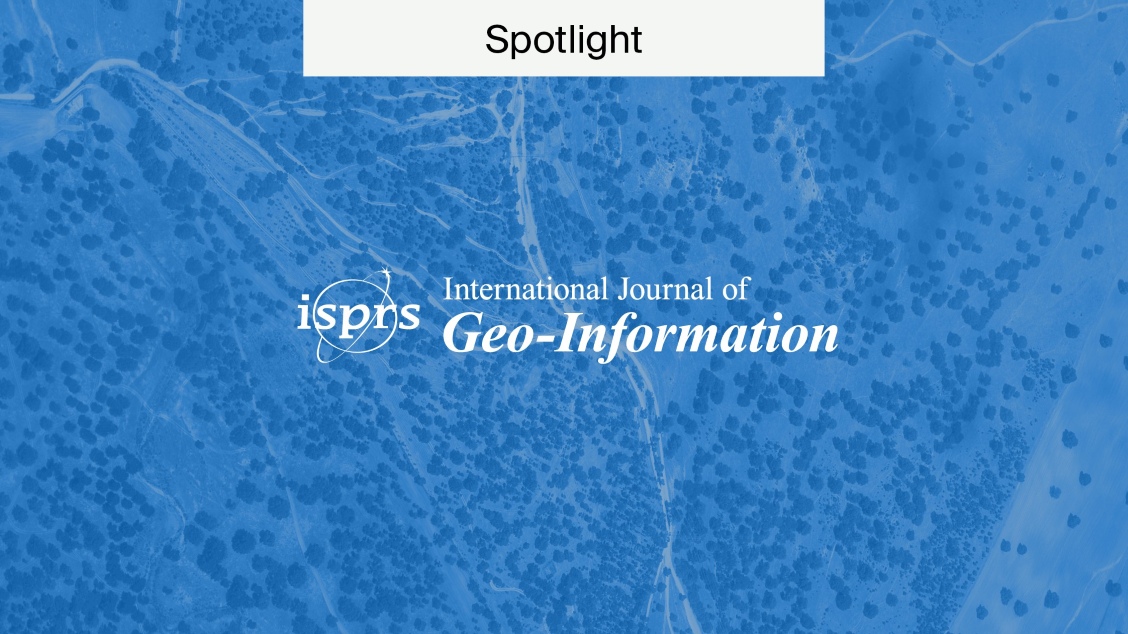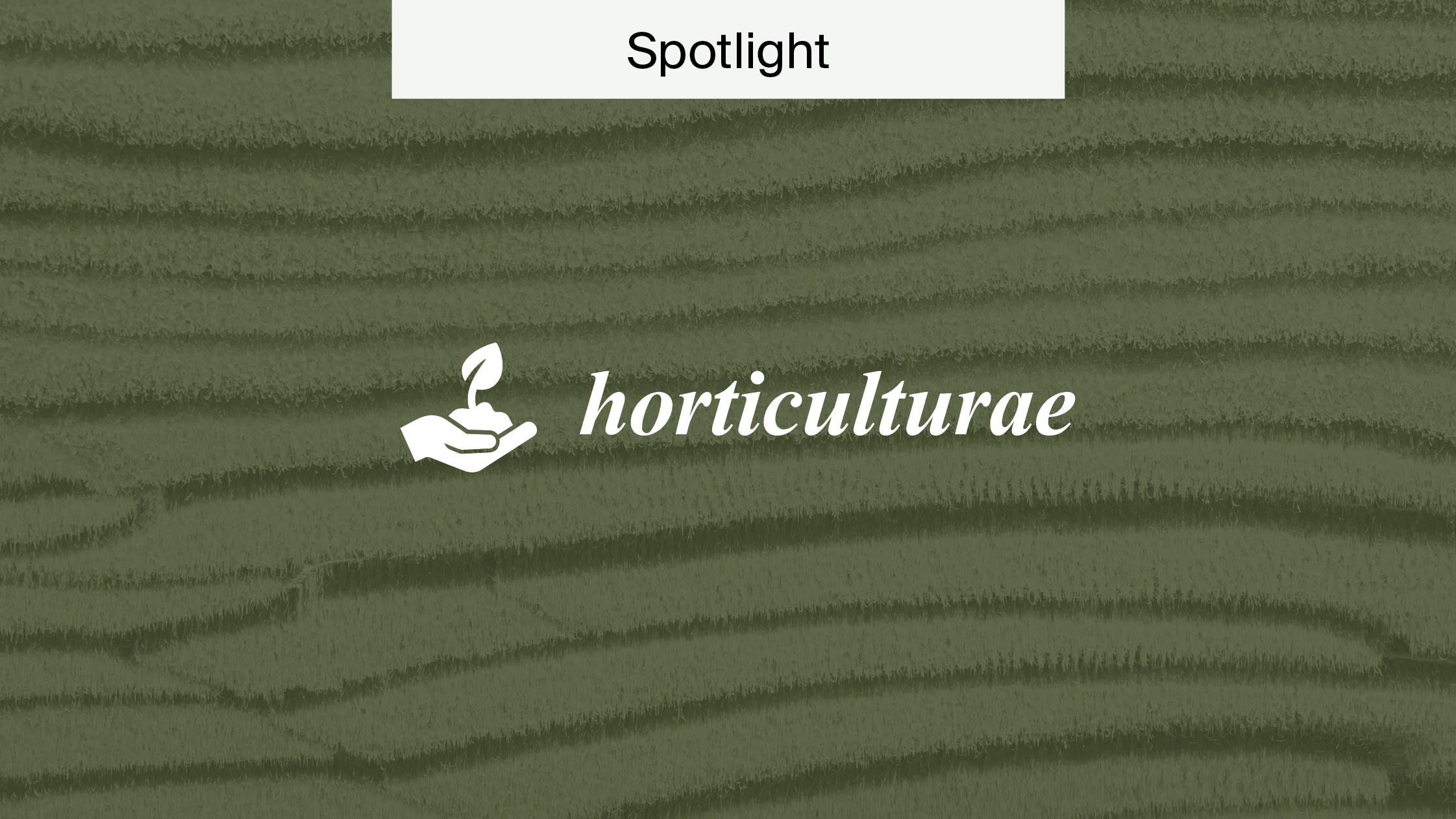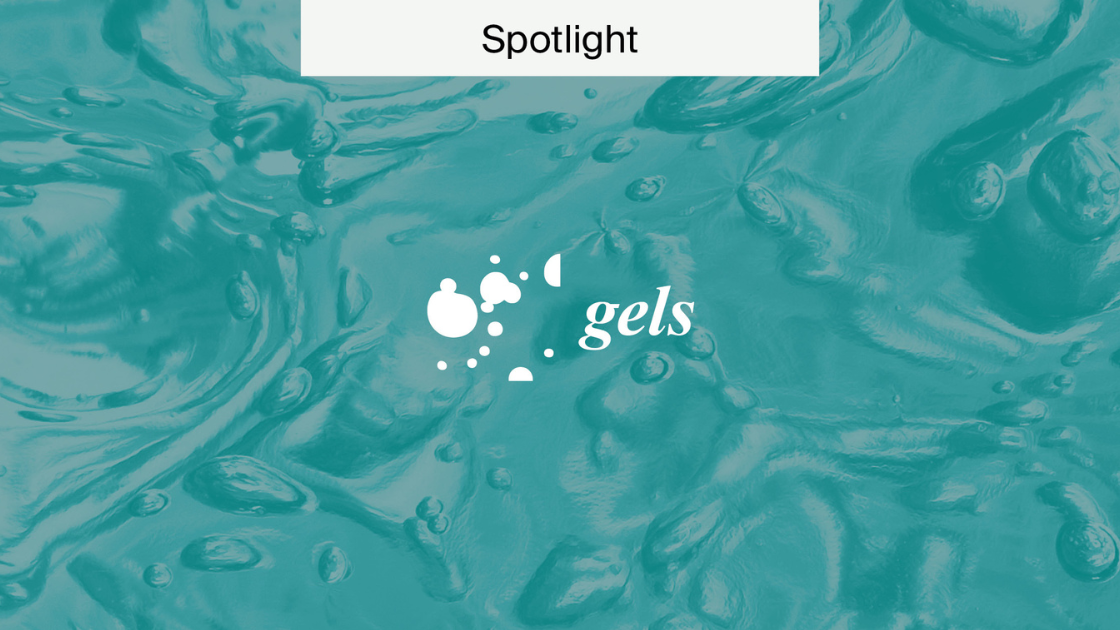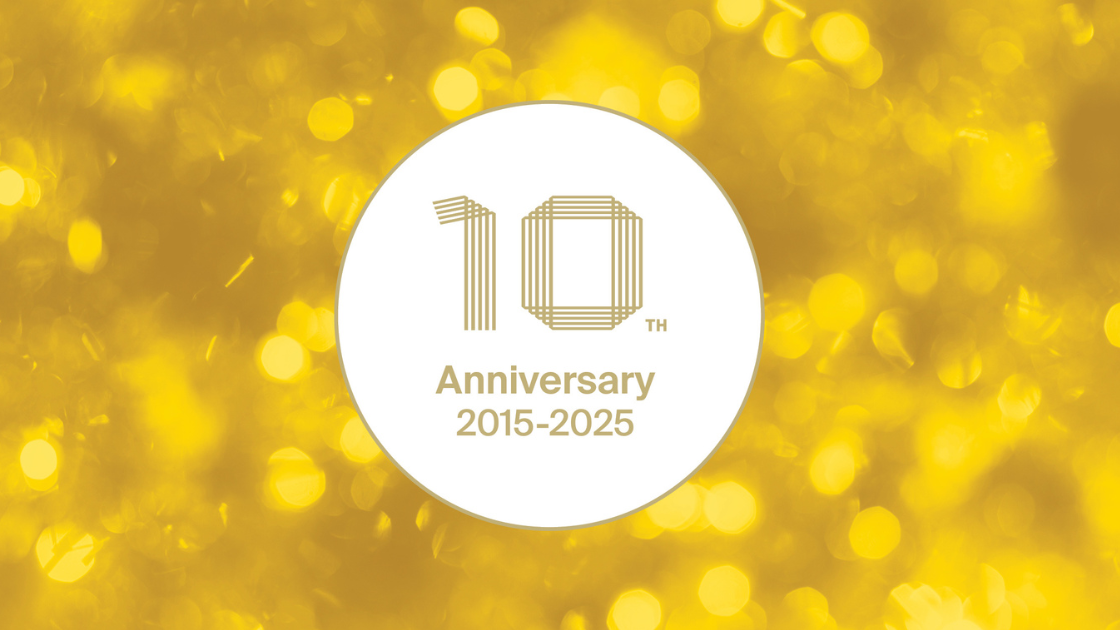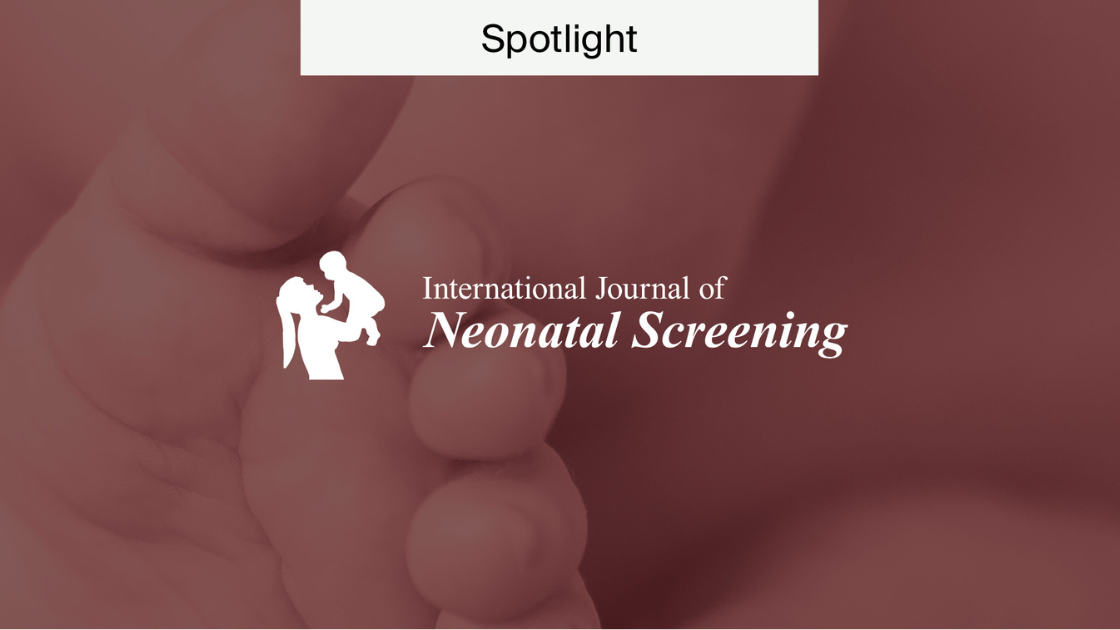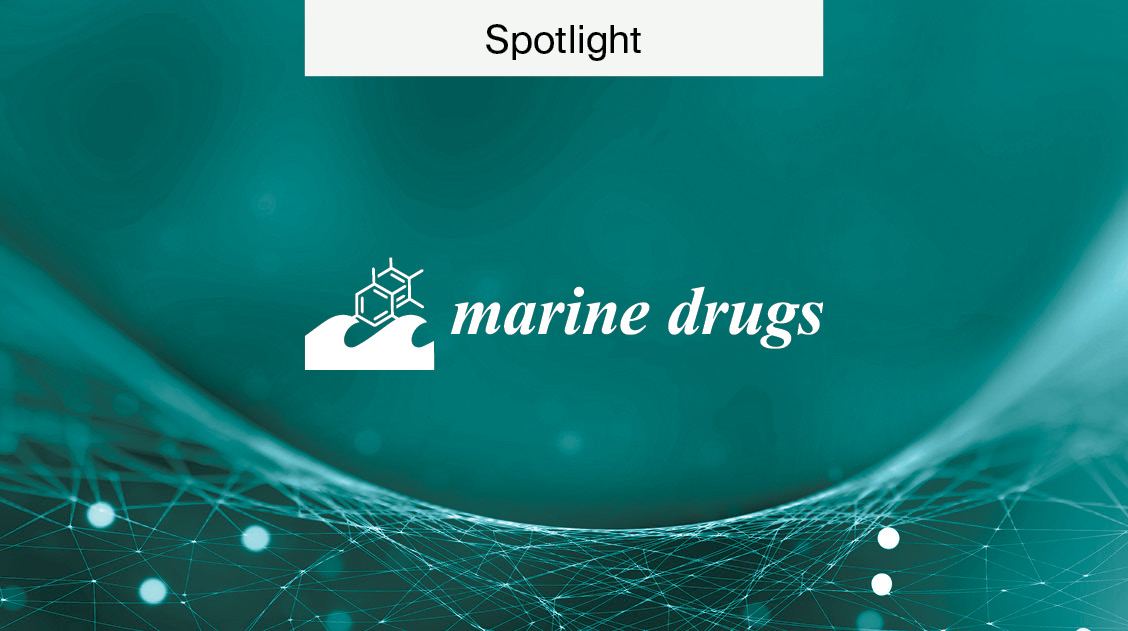
Spotlight on Marine Drugs
Today, we’re looking at MDPI’s journal Marine Drugs, which publishes research on the discovery, development, exploitation, and production of biologically and therapeutically active compounds from marine habitats.
Let’s look at the development and aims of the journal since its first issue in 2003 and how to submit manuscripts.
A history of Marine Drugs
Marine Drugs launched its inaugural issue in 2003 and published as a quarterly journal. In its opening year, Prof. Dr. Hua-Shi Guan was appointed as the Editor-in-Chief and eight articles were published.
From 2005 to 2010, the journal was indexed in Science Citation Index Expanded (SCIE), PubMed, and Scopus. In 2010, it adopted a monthly publication schedule and received an Impact Factor of 3.471.
By the end of the 2010s, the Impact Factor increased to 4.073, it received a CiteScore of 5.1, and the journal became affiliated with the Australia New Zealand Marine Biotechnology Society (ANZMBS). The ANZMBS advocates for all aspects of marine biotechnology in Australia and New Zealand, supporting collaboration and the exchange of knowledge and technology.
New sections and upcoming conferences
Since 2020, Marine Drugs has expended its sections, and now includes eight:
- Structural Studies on Marine Natural Products;
- Marine Pharmacology;
- Marine Toxins;
- Biomaterials of Marine Origin;
- Marine Biotechnology Related to Drug Discovery or Production;
- Synthesis and Medicinal Chemistry of Marine Natural Products;
- Marine-Derived Ingredients for Drugs, Cosmeceuticals and Nutraceuticals;
- Marine Chemoecology for Drug Discovery.
Marine Drugs partners with conferences and other academic events. In 2023, the journal is partnering with the 31st International Symposium on the Chemistry of Natural Products and the 11th International Congress on Biodiversity; The 16th National Annual Conference on Marine Drugs; and AlgaEurope 2023.
Marine Drugs in 2023
As of 2023, Marine Drugs has a CiteScore of 9.6. It has published over 6200 papers and over 3872 papers cited 10 times or more. The current Editor-in-Chief is Prof. Dr. Bill J. Baker, who began this role in 2022 and is a researcher of marine invertebrates and algae from Antarctica and deep-sea invertebrates from the Irish continental margin.
The journal’s current Impact Factor is 5.4 and its 5-Year Impact Factor is 5.5.
Celebrating the journal’s 20th anniversary
2023 marks the journal’s 20th anniversary. In the past twenty years, the journal has collaborated with nearly 900 Academic Editors, 7700 reviewers, and 22,000 authors from all over the world.
The journal commented: “We are deeply grateful for the great contributions of our Academic Editors, reviewers, and authors to the development of the journal”. The anniversary page features an infographic with the journal’s timeline and information about how to celebrate the anniversary.
Want to learn more?
Marine Drugs is the leading, peer-reviewed, Open Access journal on the research, development, and production of biologically and therapeutically active compounds from the sea. For further details, see the journal’s easy-to-navigate webpage.
Marine Drugs publishes peer-reviewed research papers, short notes, and reviews. The journal aims to encourage scientists to publish their research in as much detail as possible; therefore, there is no restriction on the maximum length of the manuscript.
Thinking of submitting your manuscript?
Manuscripts for Marine Drugs should be submitted online at susy.mdpi.com. The submitting author, who is generally the corresponding author, is responsible for the manuscript during the submission and peer-review process.
To submit your manuscript, register and log in to the submission website. Once you have registered, click here to go to the submission form for Marine Drugs. All co-authors can see the manuscript details in the submission system if they register and log in using the e-mail address provided during manuscript submission.
Future research
Marine Drugs publishes cutting-edge research on biologically and therapeutically active compounds from the sea. If you’re interested in this area of research, it will have a section suitable for you.
Please visit their website to find more information about the journal’s scope, future conferences, or anything else.

